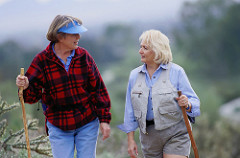 Golden years. Twilight years. Geriatric. Senior. These are familiar, common terms to describe aging and our later years. However, as a former journalist, I am very sensitive to name associations and perceptions linked to verbiage. In addition, I believe that terminologies perpetuate and exacerbate stereotypes and misconceptions of older adults and the aging process.
Golden years. Twilight years. Geriatric. Senior. These are familiar, common terms to describe aging and our later years. However, as a former journalist, I am very sensitive to name associations and perceptions linked to verbiage. In addition, I believe that terminologies perpetuate and exacerbate stereotypes and misconceptions of older adults and the aging process.
It was not always like this for me. Even I used many of the above terms, since they were familiar to me from my childhood through advertising and television shows. It was not until I started working in the field of lifelong learning that I became sensitive to terms and portrayal of our oldest population.
My first attempt at advocacy to change the perception of how people view our elders was almost ten years ago when I submitted an article to my university’s wellness magazine about the exercise program offered at my Lifelong Learning Institute. I included a title, even though I knew that it was the editor’s prerogative to make any changes he/she felt necessary. The title submitted was “Exercise and Older Adults.” Not being sexy enough (hey, editors are good at spicing things up), the suggested title came back as “Hitting the Gym in our Twilight Years.” I immediately got on the phone with the editor, pleading with him not to use the term “twilight years.” He didn’t understand why I was so upset.
If you visit The Cambridge Dictionary on-line and search for “twilight years,” the resulting definition is:
“The last years of someone’s life.”
When I conducted on-the-spot research with some of the older adult students attending my program, and asked them about this term, they visibly cringed. Responses included, “We are exercising to improve our health and general mobility,” and, “That’s horrible. It makes us sound like we are on the way out. They should come watch us in exercise class!”
I have searched on-line academic databases and it is difficult to find research on how specific definitions, names, titles, words affect older adults on a social or psychological level. From my experience, and using the above story as one singular example, there is obviously a negative impact.
However, there is a lot of research on ageism and categorization of individuals in our society. The categories are according to three areas: race, sex and age. Recently a visiting Fulbright Scholar from Hungary gave a lecture to my students on “Aging and Stereotypes – A European Perspective.” In his talk, the professor presented the concept of how prejudice often grows from a stereotype. Resultantly, discrimination often grows from prejudice resulting in either conscious and/or unconscious treatment or actions towards the group in question. He discussed ageism, prejudice or discrimination toward people due to their age. He also talked about how we create prejudice against our own aging selves. His conclusion was that this self-prejudice arises mostly when we are denial about growing older. Therefore, if we do this to ourselves, we are most certainly stereotyping others around us.
At open house events at our institute, we regularly get visitors who will comment, that while they like our program, they don’t belong in the group because everyone else is much older (our Institute has members ranging in age from their late 50s to 90s). There is no minimum or maximum for participation in our lifelong learning program. Learning is for everyone, at any age. These folks are not too young, or too old. As one colleague commented, “Have they looked in the mirror lately?” They are unfortunately stereotyping those around them with a negative aging image and in doing so, denying themselves a vibrant, full and engaged experience.
From early on in my work with older adults I have made a conscious effort to choose descriptive words carefully relating to aging. When presenting to a group, I refer to aging individuals as “older adults,” or “mature adults” (and I usually joke that maturity is optional!). This terminology seems to me as pure, direct and simple. No fancy clichés. It is what it is. Yet, many of my colleagues in the aging world are still mired in the older terminology. If we cannot begin to battle misconceptions and stereotypes from within our ranks, then how can we expect people outside of our field to follow suit?
Oh, and back to the story of my article submission. In the end, the editor and I reached a compromise and we titled the piece “Hitting the Gym in our Golden Years.” Still not a great image, but at least a sparkling, “golden” older adulthood is more positive then the fading “twilight!”
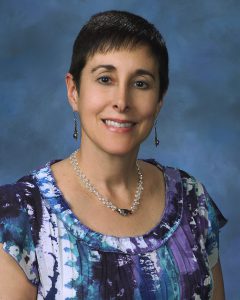 Linda E. Maurice, M.A., is Director of the Lifelong Learning Institute, at the Dr. Kiran C. Patel College of Osteopathic Medicine, Nova Southeastern University, Fort Lauderdale, FL.
Linda E. Maurice, M.A., is Director of the Lifelong Learning Institute, at the Dr. Kiran C. Patel College of Osteopathic Medicine, Nova Southeastern University, Fort Lauderdale, FL.
In the 1980’s and 90’s she was a television news producer working for news organizations in New York, Washington, and Jerusalem including: NBC, CNN, CBC, The Jerusalem Post, and The Jerusalem Report. Linda currently serves on the American Society on Aging (ASA) LEARN Council. She is also a TRIAD board member, which is a cooperation of the Broward Sheriff’s Office, Broward County Chiefs of Police and older/retired leadership in the area.

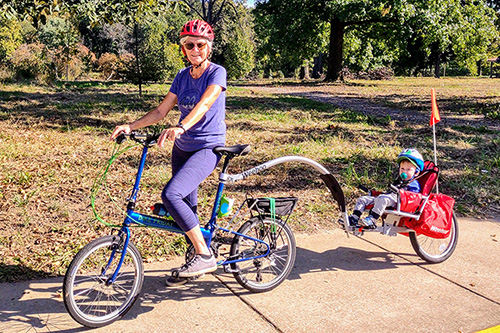
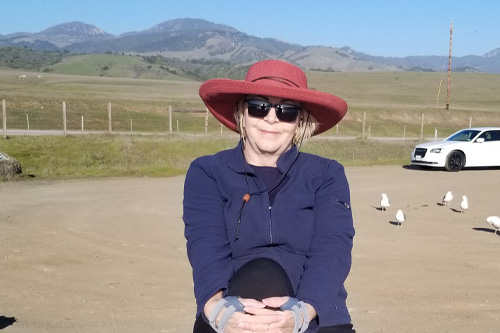
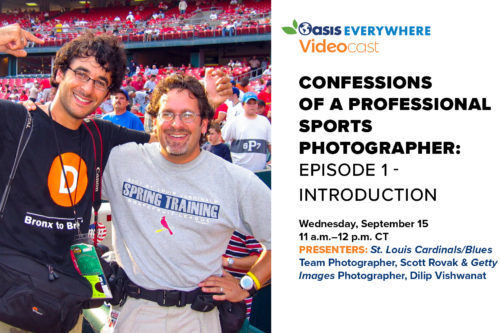
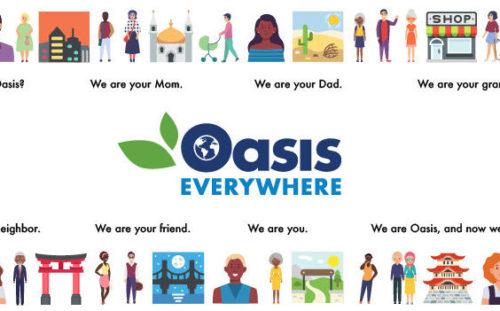
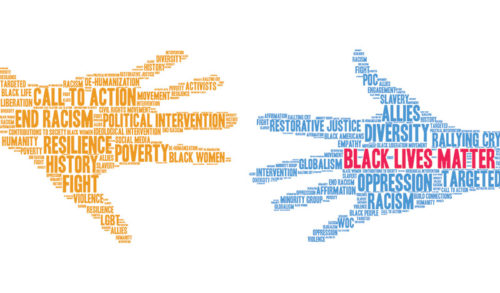
Leave A Comment
You must be logged in to post a comment.